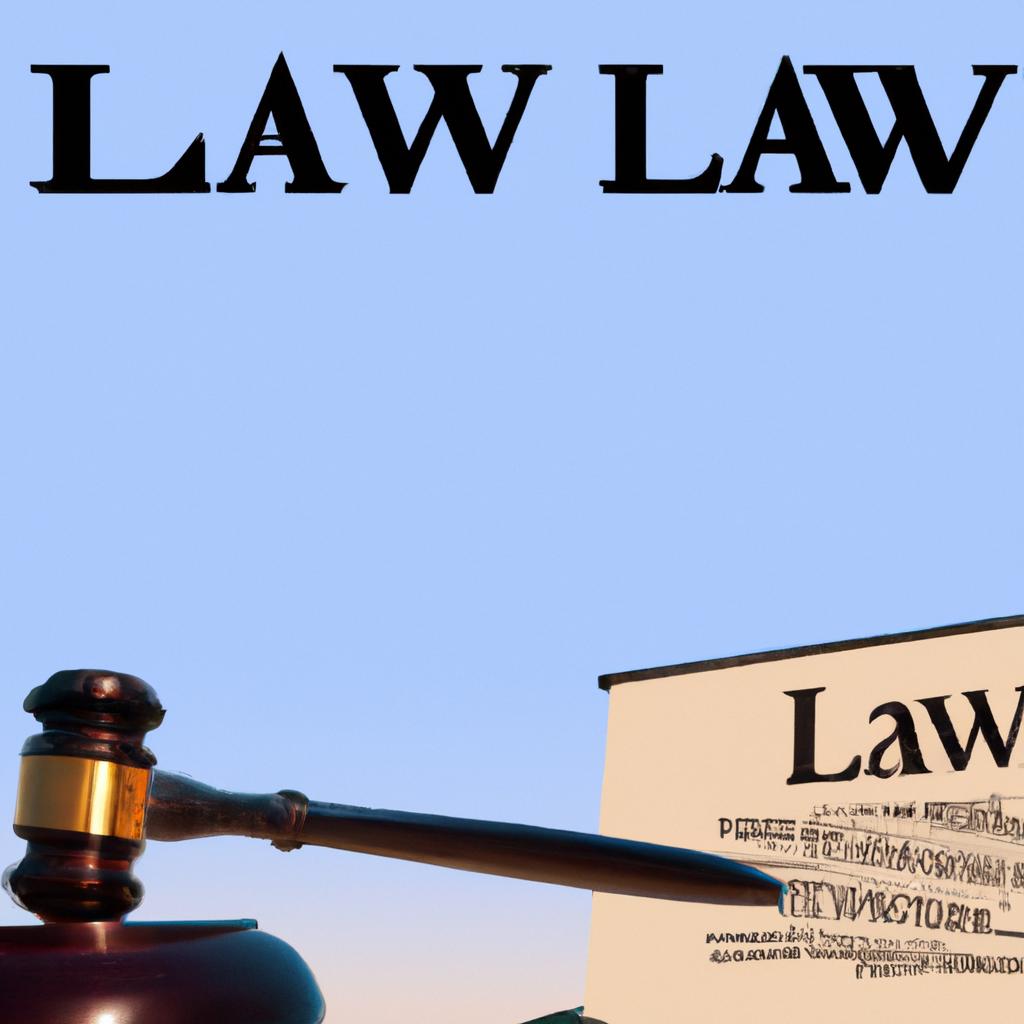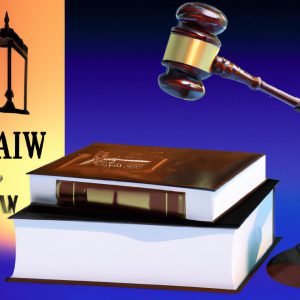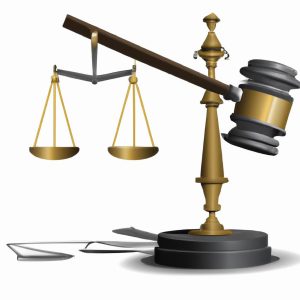When it comes to transferring ownership of real property, ensuring that the deed used is the appropriate legal document is essential. There is often confusion surrounding the distinction between a warranty deed and a deed, with many assuming they are one and the same. In this article, we will delve into the key differences between a warranty deed and a deed, shedding light on their unique characteristics and legal implications in property transactions. As experienced lawyers at Morgan Legal Group in New York City specializing in estate planning, probate, elder law, Wills, and trusts, we aim to provide clarity on this important aspect of real estate law.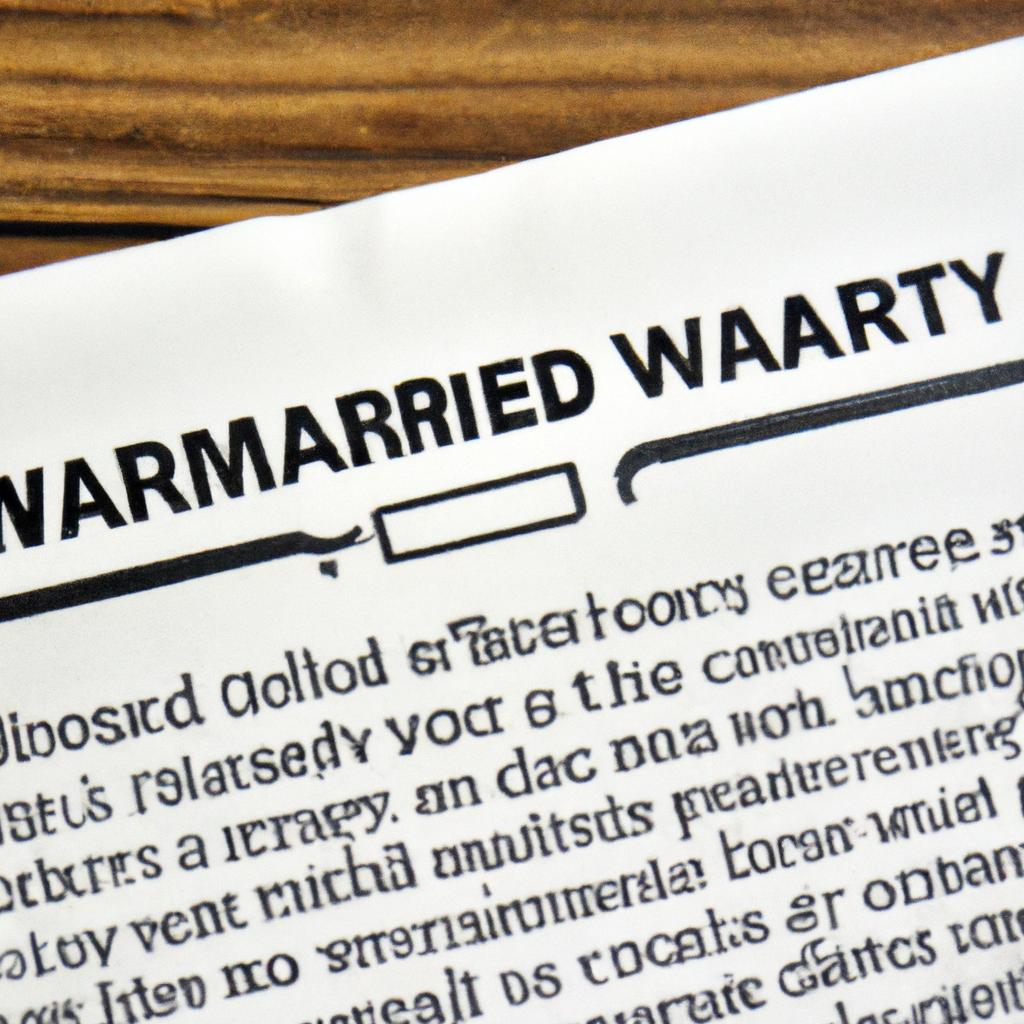
Understanding the Difference Between a Warranty Deed and a Deed
When it comes to real estate transactions, it is crucial to understand the difference between a warranty deed and a deed. While both documents transfer ownership of a property, they offer different levels of protection for the buyer.
A warranty deed includes a guarantee from the seller that they have clear title to the property and the right to sell it. In contrast, a deed simply transfers ownership without any guarantees about the title. It is important to carefully review the terms of the deed to ensure that you are receiving the appropriate level of protection for your investment.
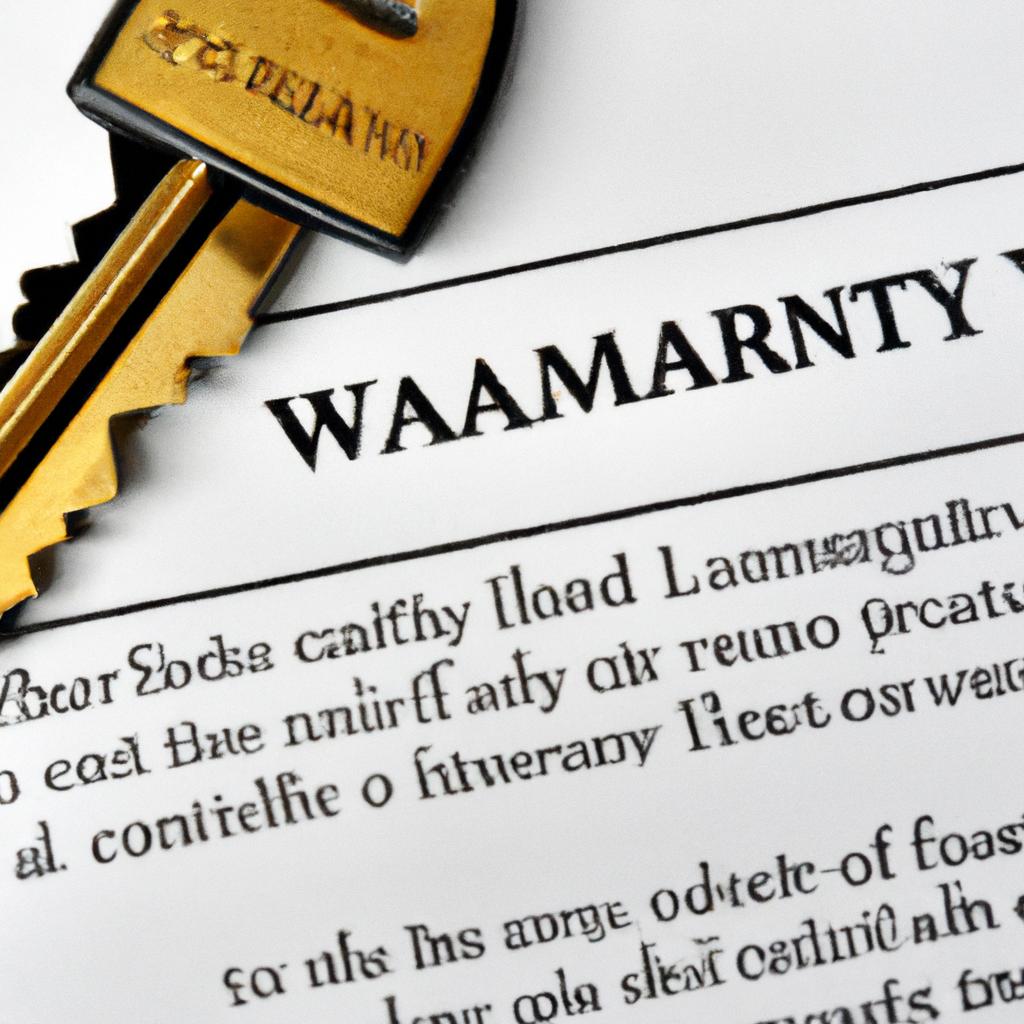
Key Elements of a Warranty Deed Explained
In the realm of real estate transactions, a warranty deed is a crucial document that provides the buyer with a high level of protection. Understanding the key elements of a warranty deed is essential to ensure that the buyer is safeguarded against any potential legal issues that may arise in the future.
One key element of a warranty deed is the guarantee that the seller has the legal right to transfer ownership of the property to the buyer. This means that the seller is making a promise that they have clear title to the property and that there are no outstanding liens or encumbrances that could affect the buyer’s ownership rights. Another important aspect of a warranty deed is the promise that the seller will defend the buyer against any claims that may arise regarding the property’s title.
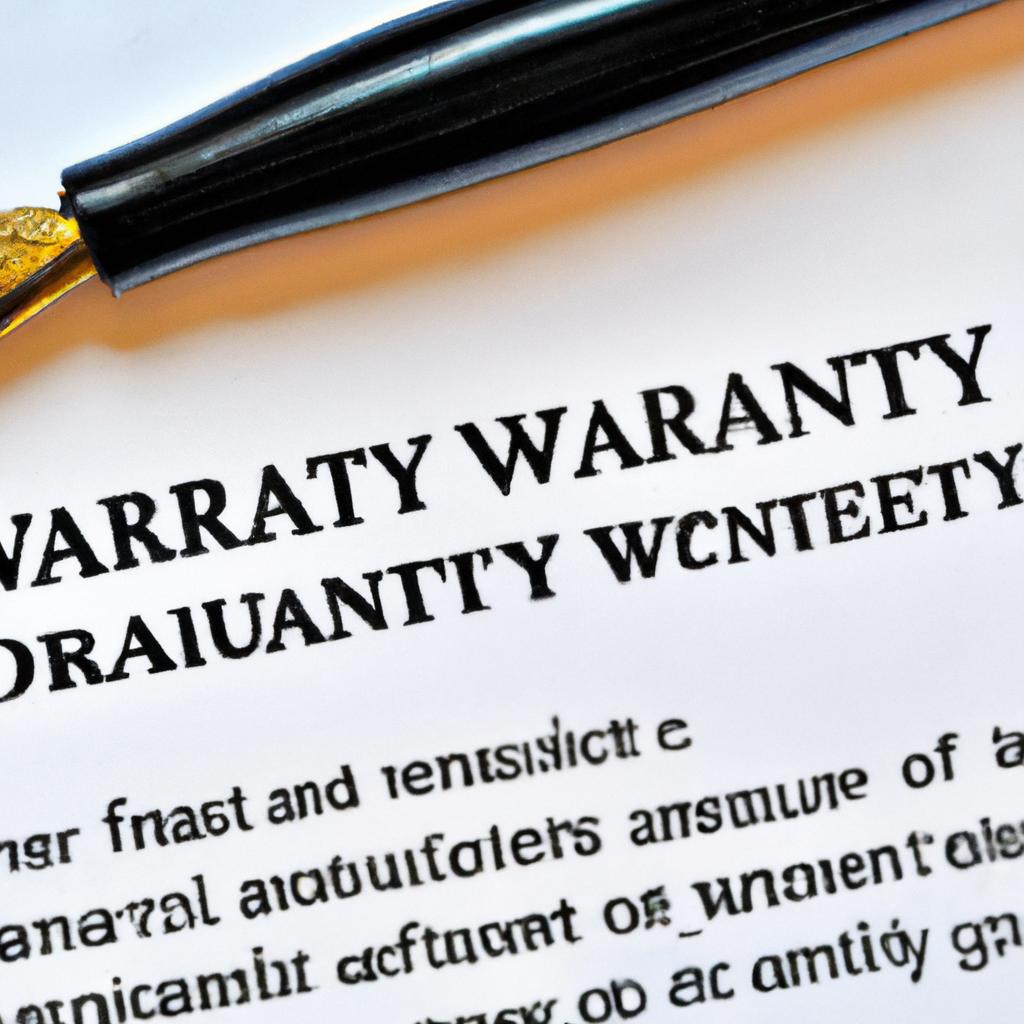
Importance of Properly Executing a Warranty Deed
When it comes to real estate transactions, properly executing a warranty deed is crucial for both the buyer and seller. A warranty deed is a legal document that guarantees the seller owns the property free and clear, and has the right to sell it. By accepting a warranty deed, the buyer is protected from any future claims on the property’s title, providing peace of mind and security in the transaction.
One of the key reasons why properly executing a warranty deed is important is to ensure a smooth transfer of property ownership. Without a warranty deed, there may be legal disputes or title issues down the road that could delay or even derail the transfer of ownership. By following the proper procedures and requirements for executing a warranty deed, both parties can have confidence in the validity of the transaction.

Recommendations for Utilizing a Warranty Deed in Real Estate Transactions
Utilizing a Warranty Deed in real estate transactions is essential to ensure a clear and secure transfer of property ownership. Unlike a Quitclaim Deed that only transfers the interest the grantor may have in the property, a Warranty Deed provides a guarantee that the grantor owns the property free and clear of any encumbrances. This type of deed offers the highest level of protection to the grantee, as the grantor warrants that they have the legal right to sell the property and will defend the title against any claims that may arise.
When utilizing a Warranty Deed in real estate transactions, it is important to consider the following recommendations:
- Conduct a thorough title search to identify any existing liens or encumbrances on the property.
- Ensure that all parties involved in the transaction fully understand the terms and conditions of the deed.
- Record the deed with the appropriate county office to provide public notice of the transfer of ownership.
- Retain a copy of the Warranty Deed for your records, as it serves as proof of ownership and can be used in future legal disputes.
Q&A
Q: What is a warranty deed?
A: A warranty deed is a legal document used in real estate transactions to transfer ownership of a property from one party to another.
Q: Is a warranty deed the same as a deed?
A: No, while a warranty deed is a type of deed, there are different kinds of deeds that may be used in real estate transactions.
Q: What makes a warranty deed different from other types of deeds?
A: A warranty deed provides the highest level of protection for the buyer, as the seller guarantees that they hold clear title to the property and will defend against any claims to the property’s ownership.
Q: What are the advantages of using a warranty deed?
A: By using a warranty deed, buyers can have peace of mind knowing that they are receiving a property with clear title and are protected from any legal challenges to the ownership of the property.
Q: Are there any potential drawbacks to using a warranty deed?
A: While a warranty deed offers strong protection for buyers, it also places greater liability on the seller, who may be required to defend against any claims to the property’s ownership in the future.
The Conclusion
In conclusion, while both a warranty deed and a deed transfer ownership of a property, they serve different purposes. A warranty deed offers more extensive protections to the buyer, ensuring that the property is free of any encumbrances and the seller will defend against any future claims. On the other hand, a deed simply transfers ownership without making any promises about the property’s history. Understanding the distinction between the two can help you make informed decisions when buying or selling property. Remember to consult with a legal professional if you have any doubts or questions. Thank you for reading!

